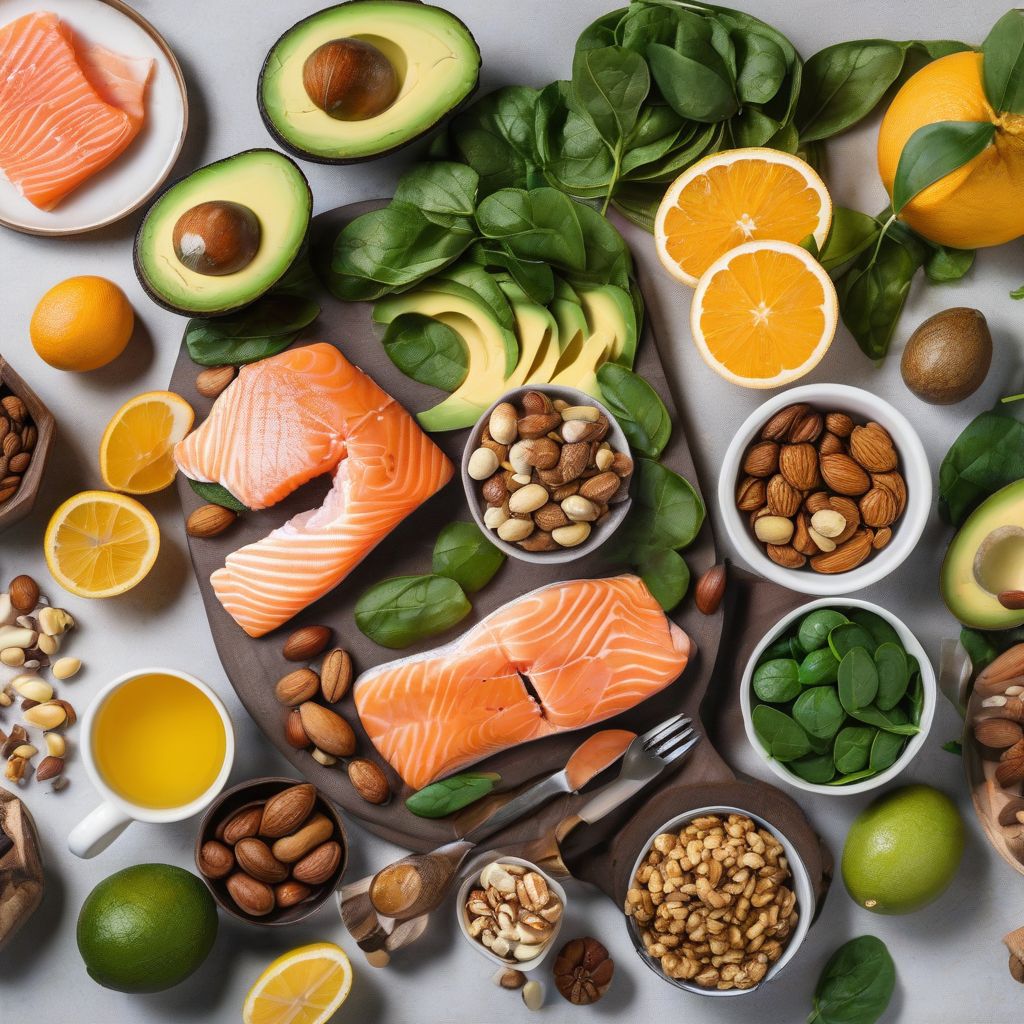Have you ever looked in the mirror and noticed more strands than usual clinging to your hairbrush? You’re not alone. Hair thinning is a common concern for both men and women, often causing worry and impacting self-esteem. While genetics plays a role, the good news is that proper hair care and nutritional choices can significantly influence your hair health. As a nutritionist and meal-prep coach, I’ve spent years helping people achieve their health goals, and lush, vibrant hair is often a welcome side effect!
Let’s dive into some practical hair care tips for thinning hair, combining everyday practices with the power of nutrition for a holistic approach to a fuller, healthier head of hair.
Understanding the Root Causes of Thinning Hair
Before we jump into solutions, it’s helpful to understand what might be causing your hair to thin. This can range from:
1. Genetics: Just like your eye color, hair loss patterns can be inherited. This type of hair loss is known as androgenetic alopecia, more commonly known as male or female pattern baldness.
2. Hormonal Changes: Life events like pregnancy, childbirth, menopause, or thyroid imbalances can disrupt your hormones, leading to hair shedding.
3. Nutritional Deficiencies: Our hair needs a steady supply of nutrients to grow strong. Deficiencies in iron, zinc, biotin, vitamin D, and protein can contribute to hair thinning.
4. Stress and Lifestyle: Chronic stress, inadequate sleep, and smoking can also impact hair health.
5. Over-Styling and Harsh Products: Excessive heat styling, tight hairstyles, and harsh chemical treatments can weaken hair follicles and lead to breakage.
 Woman with Healthy Hair
Woman with Healthy Hair
Practical Hair Care Tips for Thinning Hair
Here are some simple yet effective tips you can incorporate into your daily routine:
1. Be Gentle with Your Hair:
- Avoid tight hairstyles like ponytails or braids that pull on your hair.
- Use a wide-toothed comb to detangle hair, starting from the ends and working your way up.
- Pat your hair dry with a soft towel instead of rubbing vigorously.
- Limit heat styling with straighteners, curling irons, and blow dryers. When you do use heat, always apply a heat protectant spray.
2. Choose the Right Hair Care Products:
- Use a gentle, sulfate-free shampoo and conditioner designed for thinning hair.
- Avoid products with harsh chemicals that can strip your hair of its natural oils.
- Look for volumizing products that can help add lift and thickness to your hair.
- Consider a scalp massager to stimulate blood flow to the scalp and encourage hair growth.
3. Scalp Care is Crucial:
- Keep your scalp clean: A build-up of oil, dirt, and product residue can clog hair follicles and hinder growth. Wash your hair regularly, but avoid over-washing, which can strip your scalp of its natural oils.
- Massage your scalp: A gentle scalp massage can help improve blood circulation and deliver nutrients to the hair follicles. Try incorporating this into your shower routine a few times a week.
The Power of Nutrition for Healthier Hair
Remember that vibrant hair starts from within. Here’s how to fuel your follicles:
1. Protein Powerhouse:
Hair is primarily made up of protein. Ensure you’re getting enough from sources like:
- Lean meats (chicken, turkey, fish)
- Eggs
- Beans and lentils
- Greek yogurt
- Nuts and seeds
2. Iron Up:
Iron deficiency is a common cause of hair loss, especially in women. Include iron-rich foods like:
- Red meat
- Spinach
- Lentils
- Tofu
- Fortified cereals
3. Biotin Boost:
Biotin is a B-vitamin essential for hair, skin, and nail health. You can find it in:
- Eggs
- Salmon
- Sweet potatoes
- Almonds
- Avocados
4. Zinc Zone:
Zinc helps with hair growth and repair. Load up on:
- Oysters (the richest source!)
- Pumpkin seeds
- Chickpeas
- Cashews
- Beef
5. Vitamin C for Collagen:
Vitamin C helps your body produce collagen, which is essential for hair structure. Enjoy:
- Citrus fruits
- Strawberries
- Bell peppers
- Broccoli
- Kale
6. Omega-3 Fatty Acids:
These healthy fats support scalp health and may promote hair growth:
- Fatty fish (salmon, mackerel, tuna)
- Flaxseeds
- Chia seeds
- Walnuts
 Healthy Foods for Hair Growth
Healthy Foods for Hair Growth
When to Seek Professional Help
While these tips can significantly improve hair health, it’s essential to consult a dermatologist or trichologist if:
- You experience sudden or excessive hair loss.
- You have patches of baldness on your scalp.
- Your hair loss is accompanied by other symptoms like itching, redness, or scaling.
Conclusion: Your Journey to Healthier, Fuller Hair
Remember, achieving healthy hair is a journey, not a sprint. Be patient with yourself and the process. By incorporating these hair care tips and nourishing your body from the inside out, you can encourage fuller, healthier hair and boost your confidence along the way.
Do you have any other hair care tips that have worked for you? Share them in the comments below! And for more helpful tips on achieving your health and wellness goals, check out our article on Hair Care Tips for Healthy Hair.
[amazon bestseller=”hair-growth-vitamins”]
